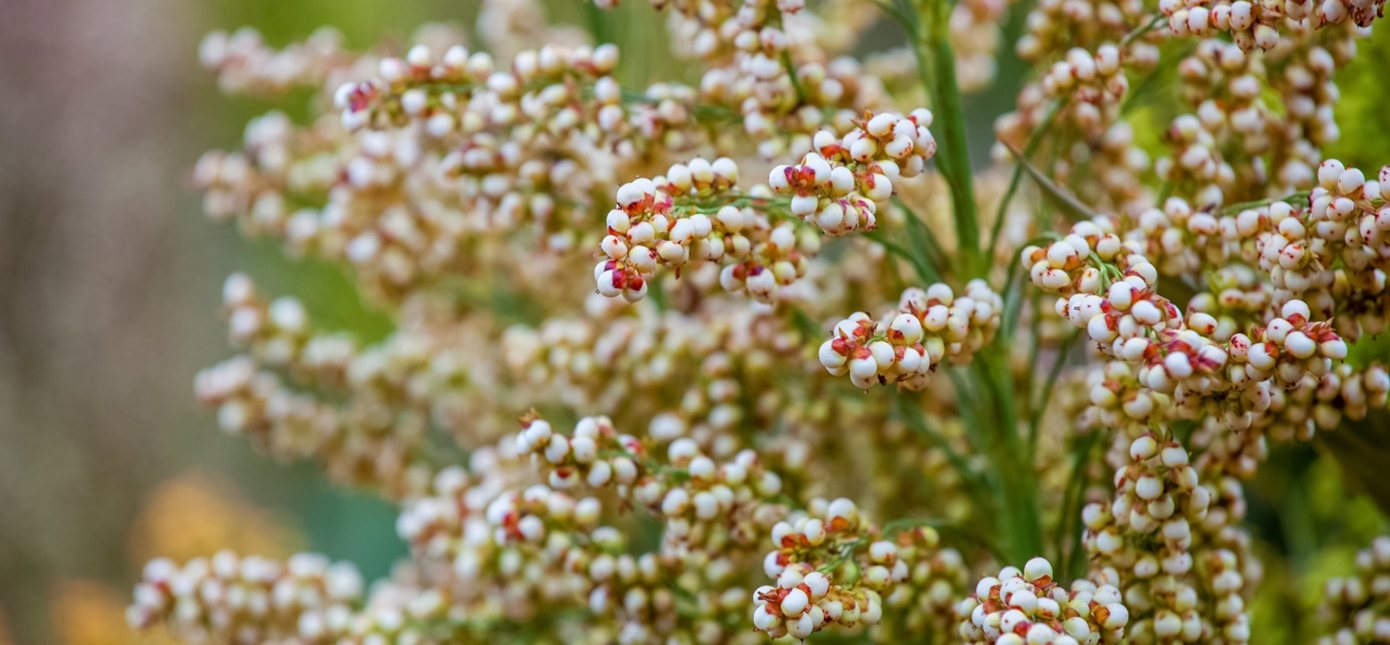
 Scientific Discoveries
Scientific Discoveries
Read case stories from our Research Laboratory and find out what we’re doing to achieve a Better Tomorrow.
Sequencing the barley genome

The pursuit of better in the aromatic world of hops


Rebrewing the first quality beer using Carlsberg's original purified yeast
New, ultra-fast breeding technology

Central & Eastern Europe and India
-
Azerbaijan
-
Belarus
-
Bulgaria
-
Canada
-
Croatia
-
Estonia
-
Greece
-
Hungary
-
India
-
Italy
-
Kazakhstan
-
Latvia
-
Lithuania
-
Serbia
-
Ukraine







